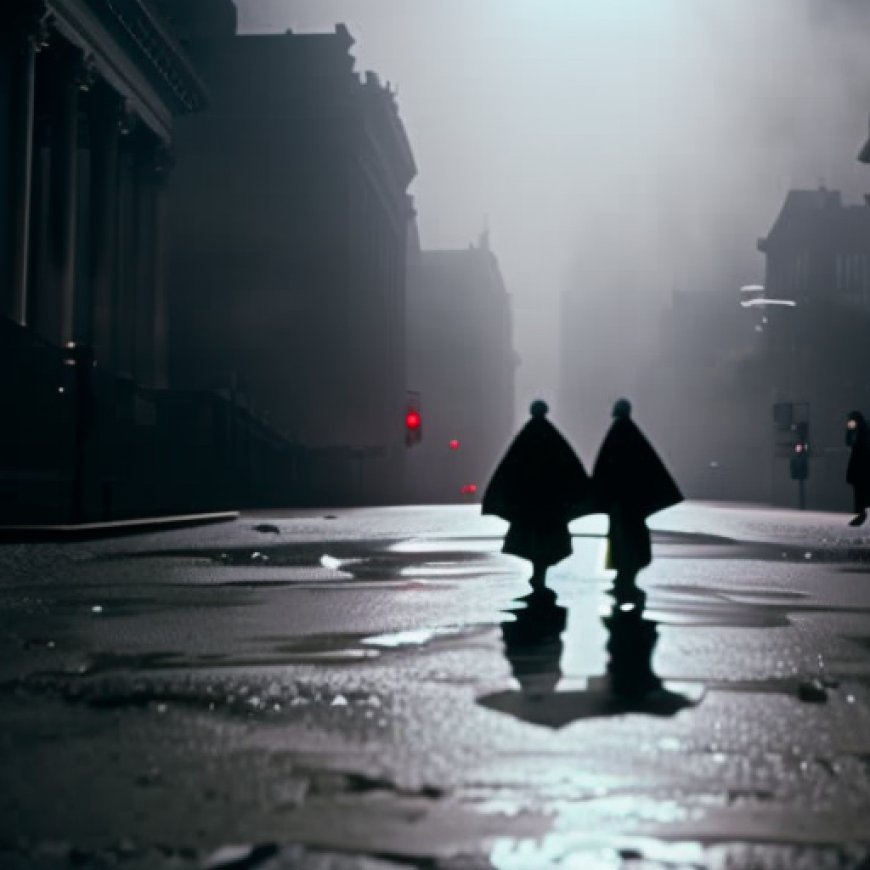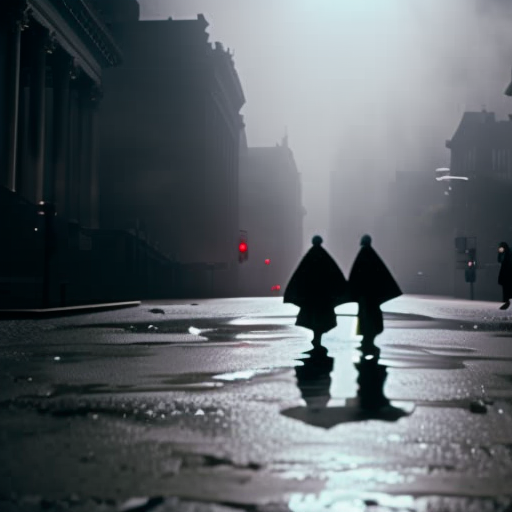The Supreme Court case that could turn homelessness into a crime, explained
The Supreme Court case that could turn homelessness into a crime, explained Vox.com


The Supreme Court Case That Could Criminalize Homelessness
The Supreme Court will hear a case later this month that could make life drastically worse for homeless Americans. It also challenges one of the most foundational principles of American criminal law — the rule that someone may not be charged with a crime simply because of who they are.
The Martin v. Boise Decision
Six years ago, a federal appeals court held that the Constitution “bars a city from prosecuting people criminally for sleeping outside on public property when those people have no home or other shelter to go to.” Under the United States Court of Appeals for the Ninth Circuit’s decision in Martin v. Boise, people without permanent shelter could no longer be arrested simply because they are homeless, at least in the nine western states presided over by the Ninth Circuit.
The Impact of Martin v. Boise
As my colleague Rachel Cohen wrote about a year ago, “much of the fight about how to address homelessness today is, at this point, a fight about Martin.” Dozens of court cases have cited this decision, including federal courts in Virginia, Ohio, Missouri, Florida, Texas, and New York — none of which are in the Ninth Circuit.
Challenges to the Martin Decision
Some of the decisions applying Martin have led very prominent Democrats, and institutions led by Democrats, to call upon the Supreme Court to intervene. Both the city of San Francisco and California Gov. Gavin Newsom, for example, filed briefs in that Court complaining about a fairly recent decision that, the city’s brief claims, prevents it from clearing out encampments that “present often-intractable health, safety, and welfare challenges for both the City and the public at large.”
The City of Grants Pass v. Johnson Case
On April 22, the justices will hear oral arguments in City of Grants Pass v. Johnson, one of the many decisions applying Martin — and, at least according to many of its critics, expanding that decision.
The Origins of Martin v. Boise
Martin arose out of the Supreme Court’s decision in Robinson v. California (1962), which struck down a California law making it a crime to “be addicted to the use of narcotics.” Likening this law to one making “it a criminal offense for a person to be mentally ill, or a leper, or to be afflicted with a venereal disease,” the Court held that the law may not criminalize someone’s “status” as a person with addiction and must instead target some kind of criminal “act.”
Thus, a state may punish “a person for the use of narcotics, for their purchase, sale or possession, or for antisocial or disorderly behavior resulting from their administration.” But, absent any evidence that a suspect actually used illegal drugs within the state of California, the state could not punish someone simply for existing while addicted to a drug.
The Grants Pass Case
The Grants Pass case does not involve an explicit ban on existing while homeless, but the Ninth Circuit determined that the city of Grants Pass, Oregon, imposed such tight restrictions on anyone attempting to sleep outdoors that it amounted to an effective ban on being homeless within city limits.
The Arguments Against Martin
There are very strong arguments that the Ninth Circuit’s Grants Pass decision went too far. As the Biden administration says in its brief to the justices, the Ninth Circuit’s opinion did not adequately distinguish between people facing “involuntary” homelessness and individuals who may have viable housing options. This error likely violates a federal civil procedure rule, which governs when multiple parties with similar legal claims can join together in the same lawsuit.
The Potential Impact of the Supreme Court’s Decision
That outcome is unlikely, but it would be catastrophic for civil liberties. If the law can criminalize status, rather than only acts, that would mean someone could be arrested for having a disease. A rich community might ban people who do not have a high enough income or net worth from entering it. A state could prohibit anyone with a felony conviction from entering its borders, even if that individual has already served their sentence. It could even potentially
SDGs, Targets, and Indicators
SDGs Addressed in the Article:
- SDG 1: No Poverty
- SDG 10: Reduced Inequalities
- SDG 11: Sustainable Cities and Communities
- SDG 16: Peace, Justice, and Strong Institutions
Specific Targets Based on the Article’s Content:
- Target 1.1: By 2030, eradicate extreme poverty for all people everywhere
- Target 10.1: By 2030, progressively achieve and sustain income growth of the bottom 40% of the population at a rate higher than the national average
- Target 11.1: By 2030, ensure access for all to adequate, safe, and affordable housing and basic services and upgrade slums
- Target 16.3: Promote the rule of law at the national and international levels and ensure equal access to justice for all
Indicators Mentioned in the Article:
- No specific indicators are mentioned in the article.
Table: SDGs, Targets, and Indicators
| SDGs | Targets | Indicators |
|---|---|---|
| SDG 1: No Poverty | Target 1.1: By 2030, eradicate extreme poverty for all people everywhere | No specific indicators mentioned |
| SDG 10: Reduced Inequalities | Target 10.1: By 2030, progressively achieve and sustain income growth of the bottom 40% of the population at a rate higher than the national average | No specific indicators mentioned |
| SDG 11: Sustainable Cities and Communities | Target 11.1: By 2030, ensure access for all to adequate, safe, and affordable housing and basic services and upgrade slums | No specific indicators mentioned |
| SDG 16: Peace, Justice, and Strong Institutions | Target 16.3: Promote the rule of law at the national and international levels and ensure equal access to justice for all | No specific indicators mentioned |
Behold! This splendid article springs forth from the wellspring of knowledge, shaped by a wondrous proprietary AI technology that delved into a vast ocean of data, illuminating the path towards the Sustainable Development Goals. Remember that all rights are reserved by SDG Investors LLC, empowering us to champion progress together.
Source: vox.com

Join us, as fellow seekers of change, on a transformative journey at https://sdgtalks.ai/welcome, where you can become a member and actively contribute to shaping a brighter future.







